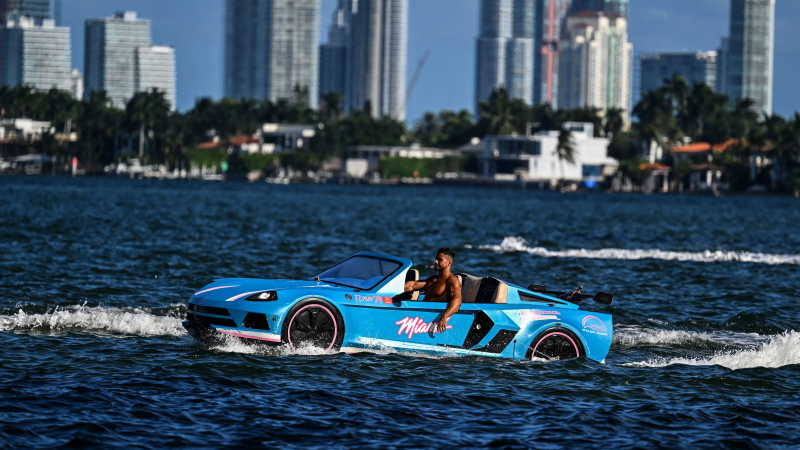Lawsuit claiming 'there is nothing 'Texas' about Texas Pete' hot sauce dismissed
A class action lawsuit against the makers of Texas Pete hot sauce was dismissed Wednesday.
The lawsuit alleged that the branding of Texas Pete, which is made in North Carolina by TW Garner Food Co., was deceptive and led the named plaintiff, Phillip White of Los Angeles, to be willing to pay more for the sauce than if it was not marketed as being from Texas.
"Since the lawsuit was filed, we have remained steadfast in our position that our product labels and trademark are truthful and not misleading in any respect, and that the lawsuit had no merit," Ann Garner Riddle President and CEO of TW Garner Food Co. said in a Thursday press release.
The sauce was named in 1929 by the company's founder Sam Garner when he combined the suggestion of a marketing advisor with the nickname of one of his sons, according to the company's website.
"The company have always been proud of and made no secret about its North Carolina heritage," Caroline Mankey, a lawyer representing TW Garner Food Co., said.
USA Today reached out to the lawyers representing White and will update this story if there is a response.
Food lawsuits:McDonald's and Wendy's false burger advertising lawsuits tossed
Not White's first rodeo
This is not the first time White has been a plaintiff in a class action case.
In 2020 White filed suit against GlaxoSmithKline for claiming that their Benefiber probiotic product was "100% Natural" when the lawsuit alleged that it was, "created using a multi-step chemical process that fundamentally alters the ‘natural’ source ingredient into a non-natural, synthetic ingredient.” The case was settled in 2021.
In 2021 White filed suit against Kroger alleging that the company partook in "greenwashing" by labeling their sunscreens "Reef Friendly." The case was dismissed earlier this year.
White was also a co-plaintiff in a federal suit brought against Whole Foods Market, Inc., Whole Foods Market Group, Inc. and its operators in California alleging that the company intentionally mislead consumers about the amount of macaroni and cheese in its 365 Shells & Cheese product. The court dismissed Whole Foods Market, Inc., based in Texas and Whole Foods Market Group, based in Delaware, on jurisdictional grounds and dismissed the case between the California operaters referring it to state courts.
Food lawsuits:Taco Bell sued over amount of meat, beans in Mexican pizzas, crunch wraps

Disclaimer: The copyright of this article belongs to the original author. Reposting this article is solely for the purpose of information dissemination and does not constitute any investment advice. If there is any infringement, please contact us immediately. We will make corrections or deletions as necessary. Thank you.







